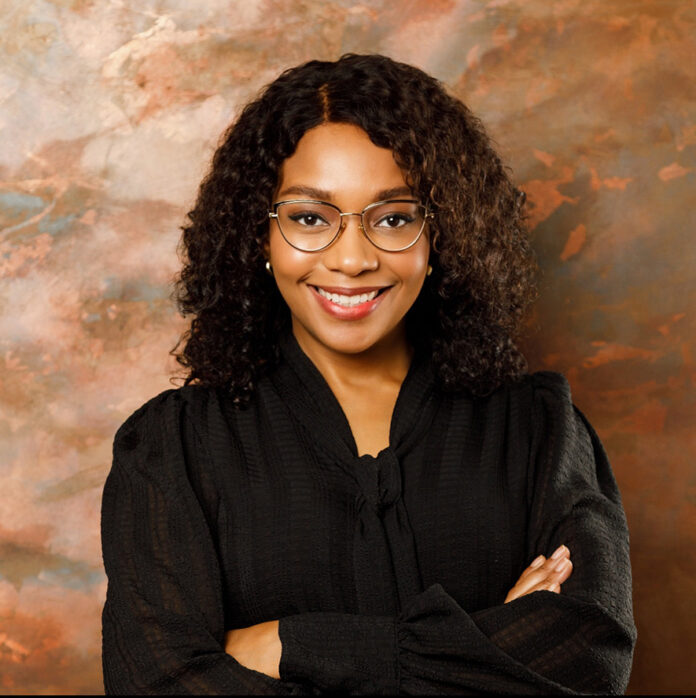Plan your career for better employment prospects
In a climate of shrinking job opportunities, refined planning from the outset has become critical to improving chances of landing a job at the end of the study slog.
Mzwandile kaBizokwakhe spoke to Donna Silver of Afrizan People Intelligence, a woman-owned and operated job placement and talent search company in Johannesburg, to take the pulse of the job market.
MK: If you were to advise your child about to start a university career, what career and qualification would you advise them to follow?
Donna: I’d recommend something in the data or tech space, like a BCom in Information Systems, BSc in Data Science, or a qualification combining finance and analytics. But if they preferred a more traditional business route, I’d recommend a BCom in Accounting or Finance, which can still be paired with data or analytics later.
And most importantly, I would also remind them to choose something that aligns with their strengths and interests.
MK: Why is that?
Donna: Because these qualifications are adaptable and future-focused. In South Africa, where the job market is tight, you want a degree that isn’t too narrow but still provides specialised, usable skills. Tech and data roles exist in every sector – banking, retail, healthcare, government, etc – and allow for upskilling and global opportunities.
MK: Is there a qualification that is unemployment-proof?
Donna: No qualification is truly “unemployment-proof”, especially not in today’s market, and definitely not in South Africa, where job scarcity is a real issue. However, qualifications that are closely aligned with in-demand skills, like those in STEM, finance, or tech, tend to offer better employment prospects.
MK: For which careers do you struggle to recruit, for a lack of candidates?
Donna: Specialised engineering roles, especially at senior or registered level, data science, and experienced software developers. These are scarce because the skill sets are highly technical, and the pipeline isn’t strong enough.
MK: Have you ever had an occasion where an employer had to lower their requirements – for instance, they originally wanted an honours degree but accepted a lesser qualification – or increased their offers?
Donna: Oh yes, it happens a lot. A client might start looking for someone with an honours degree and five years’ experience, but end up hiring someone with a B-degree and strong practical skills because there simply isn’t enough talent out there. We’ve also seen counteroffers, sign-on bonuses, and increased salary offers for top talent, more specifically for transformation/critical roles. When good candidates are scarce, companies compete hard to secure them.
MK: Is there a qualification that is no longer worth the paper it is written on?
Donna: Sadly, yes. Certain degrees, especially those with no clear career path, can leave graduates stranded. A good example would be general humanities degrees like philosophy, gender studies, sociology, or tourism, especially when not supported by work experience or additional technical skills. These degrees are valuable in theory but often lack direct applicability in the South African job market, making employability even more challenging unless combined with something more practical.
MK: What degrees are the best earners, and which are poor earners?
Donna: Actuarial science, data science & software engineering, CA(SA) qualification, specialised engineering (with ECSA registration) and medicine & pharmacy (in the private sector).
Lower earners include education, especially public sector teachers, social work, nursing (in the public sector) and humanities, unless paired with a niche skill.
The departments of home affairs and higher education and training each regularly publish a list of critical skills and occupations in high demand that can be used as a guide for career planning.



